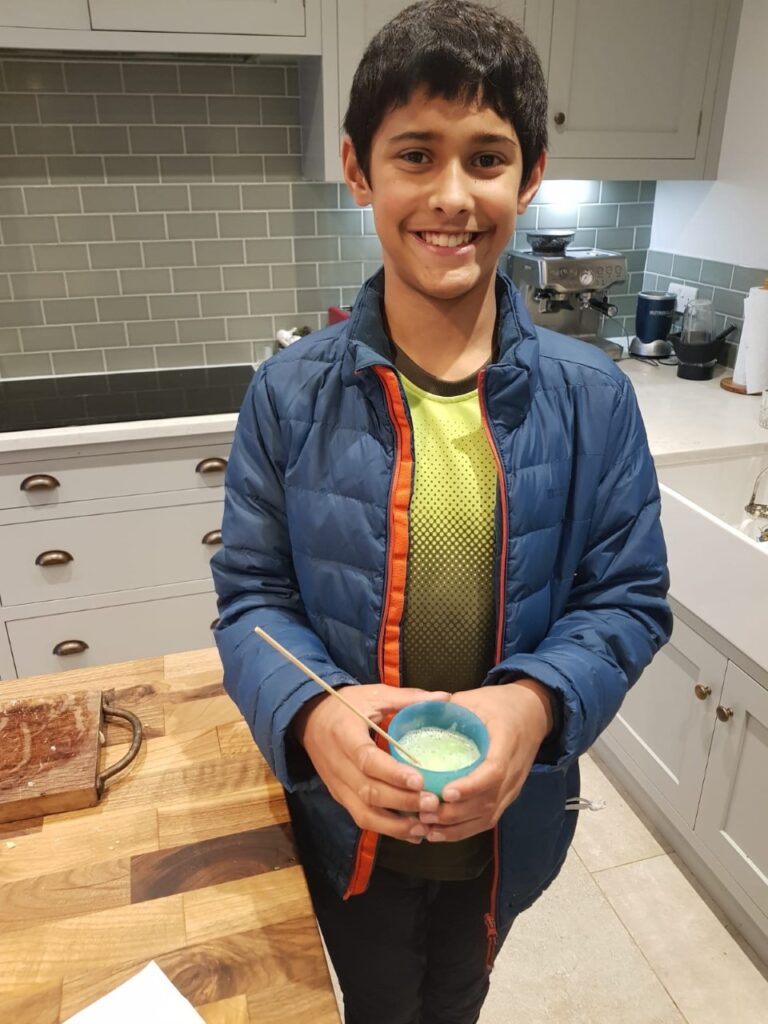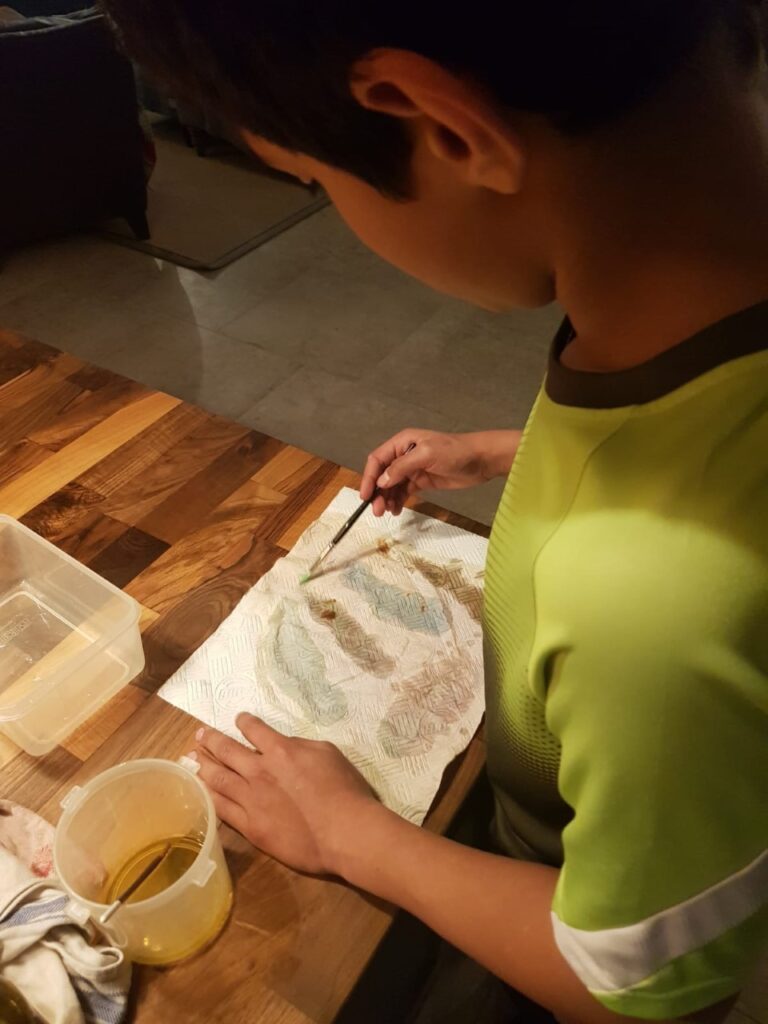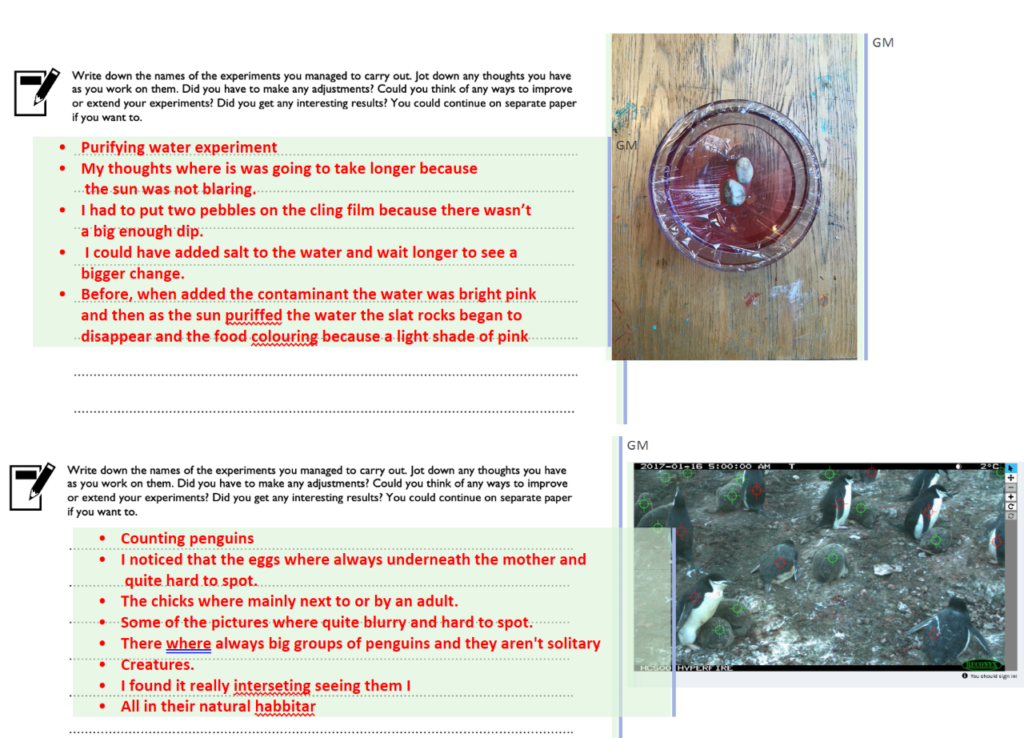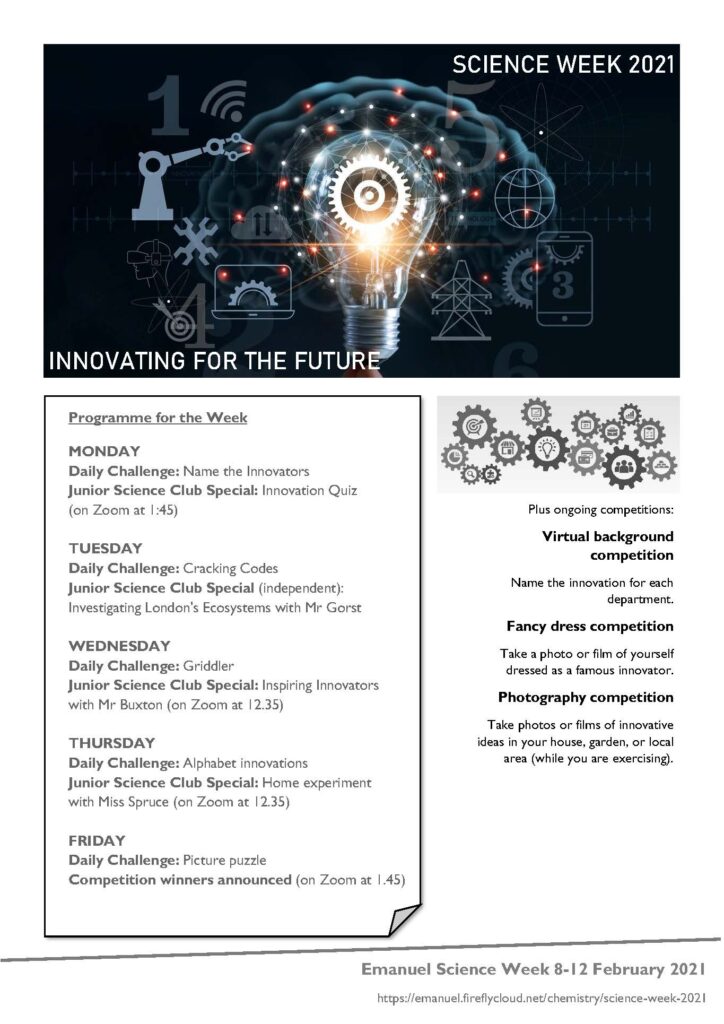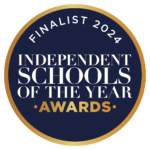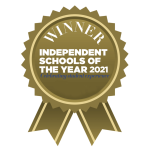Little did we realise, as we celebrated Science Week ‘Our Diverse Planet’ in early February 2020, that homo sapiens were about to be brought to their knees by the ever-increasing diversity of the smallest biological entities on our planet – viruses. A year on, it would be a great thing if the British Science Association’s theme for 2021, ‘Innovating for the Future’, was equally prophetic.
Humans have always been innovative. Throughout our history, we have set ourselves apart from other species with our ingenuity, inventing increasingly sophisticated tools to further our cause. Whilst many human developments have undoubtedly had a negative impact on our planet, no one can deny the importance of innovation in our everyday lives. We easily take it for granted, but it is scientific innovation that has made the restrictions of the past year bearable; such circumstances, even a decade ago, would have looked and felt very different. From the fibre optic cables that bring us superfast broadband and the digital technology that makes live Zoom teaching possible, to the development of the mRNA vaccines that will bring us out of this crisis, innovation is crucial to our lifestyles and even our livelihoods.
Science Week 2021 was another opportunity for the Emanuel community to acknowledge and celebrate, albeit remotely, the centrality of STEM (Science, Technology, Engineering and Maths) in our lives. An established fixture in the school calendar, pupils from across the age range once again rose to the challenge of daily competitions, lunchtime activities, and project work, throwing themselves into cracking codes, linking teacher virtual backgrounds to their subjects, and identifying innovators from their photos. As in previous years, a varied programme of activities ran at Junior Science Club Special, with a trip to investigate ecosystems in London’s parks, a quiz, a discussion about ethnic diversity in STEM and, most popular, Miss Spruce’s escape room.
In Science lessons, Years 7 and 8 participated in a 2-week project, investigating the qualities of innovators before emulating them, by researching or addressing a problem of their own choice. It was a tough challenge given the limited time and added difficulty of remote working, but our pupils were up to the task, and their ideas and presentations were of excellent standard, covering such diverse topics as floating farms, nuclear fusion, simple ways of reducing energy in homes, and climate change.
As always, Science Week was great fun, and hopefully fulfilled its aim of getting people thinking a bit more about the role and importance of science outside of the classroom.
Mrs Brown (Head of Science)
